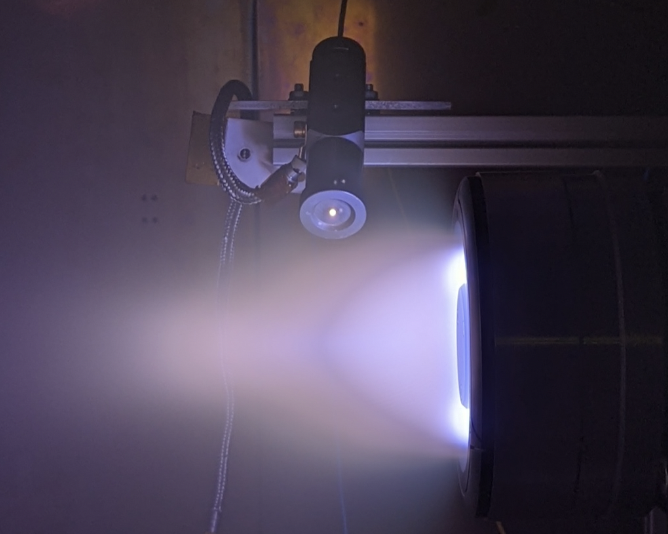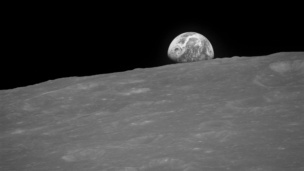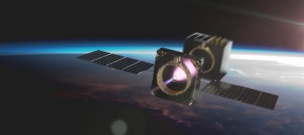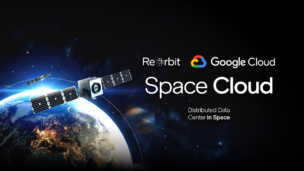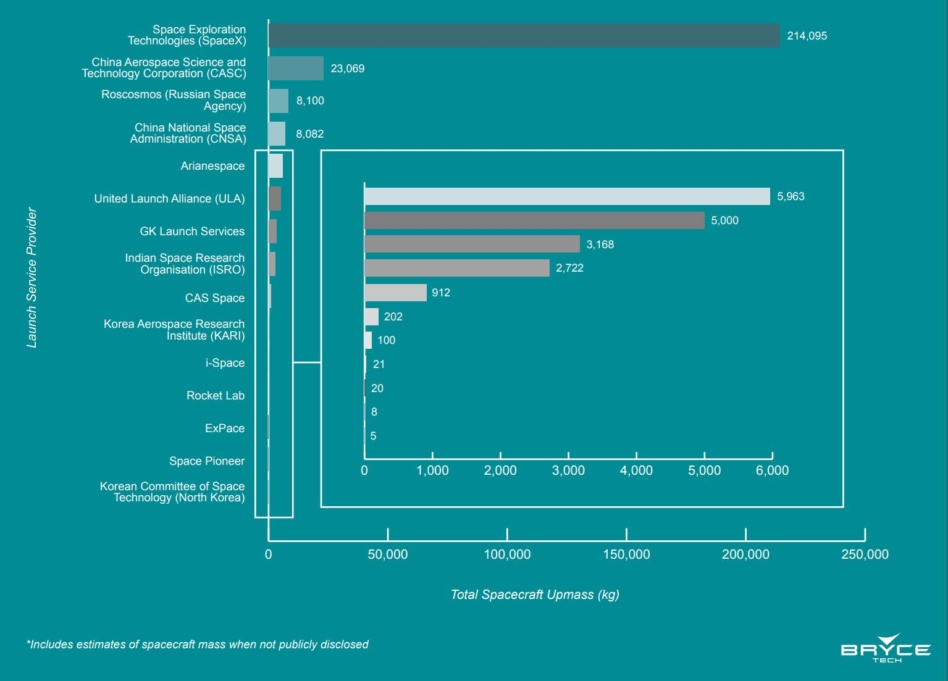Partners are teaming up across the pond to work on spacecraft propulsion tech.
Pulsar Fusion, a propulsion startup based in England, announced last week it is partnering with the University of Michigan to research electric Hall-effect thruster tech. The UK Space Agency is funding the collaboration.
“This is another key US partnership for Pulsar—we continue to pursue best-in-class innovation, and this is particularly exciting, given the global commercial interest in these engines,” Pulsar chief Richard Dinan said in a statement.
Pulsar recently began developing in-space electric propulsion systems to capitalize on the growing demand for the tech. The U of M partnership will allow the company to further develop the capability.
Back to engineering school: Electric propulsion Hall-effect thrusters are commonly used to power spacecraft in orbit. The propulsion system uses electricity to ionize and accelerate a propellant (xenon or krypton) to produce thrust.
- Electric propulsion is much more efficient than combustion engines, achieving a specific impulse (Isp) of 2,000+ seconds. For comparison, SpaceX’s Raptor engine has <400 seconds of Isp.
- The tradeoff with electric propulsion is that it packs far less of a punch when it comes to thrust.
Yankees and Brits: NASA has prioritized the development of electric propulsion systems, allocating significant investment toward designing them into key space assets like the Lunar Gateway. The UK aims to further support its growing commercial space industry by funding the Pulsar and Michigan partnership.
“As a manufacturer of space engines, there are regulatory challenges in being based in the UK, but England does have a fantastic talent pool, and our scientists deserve to be at the forefront of these emerging technologies,” Dinan said.
